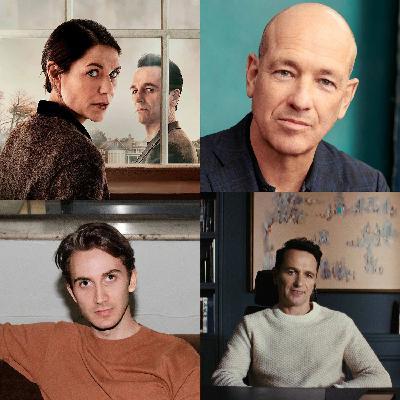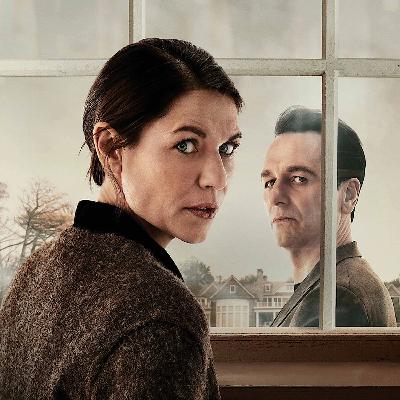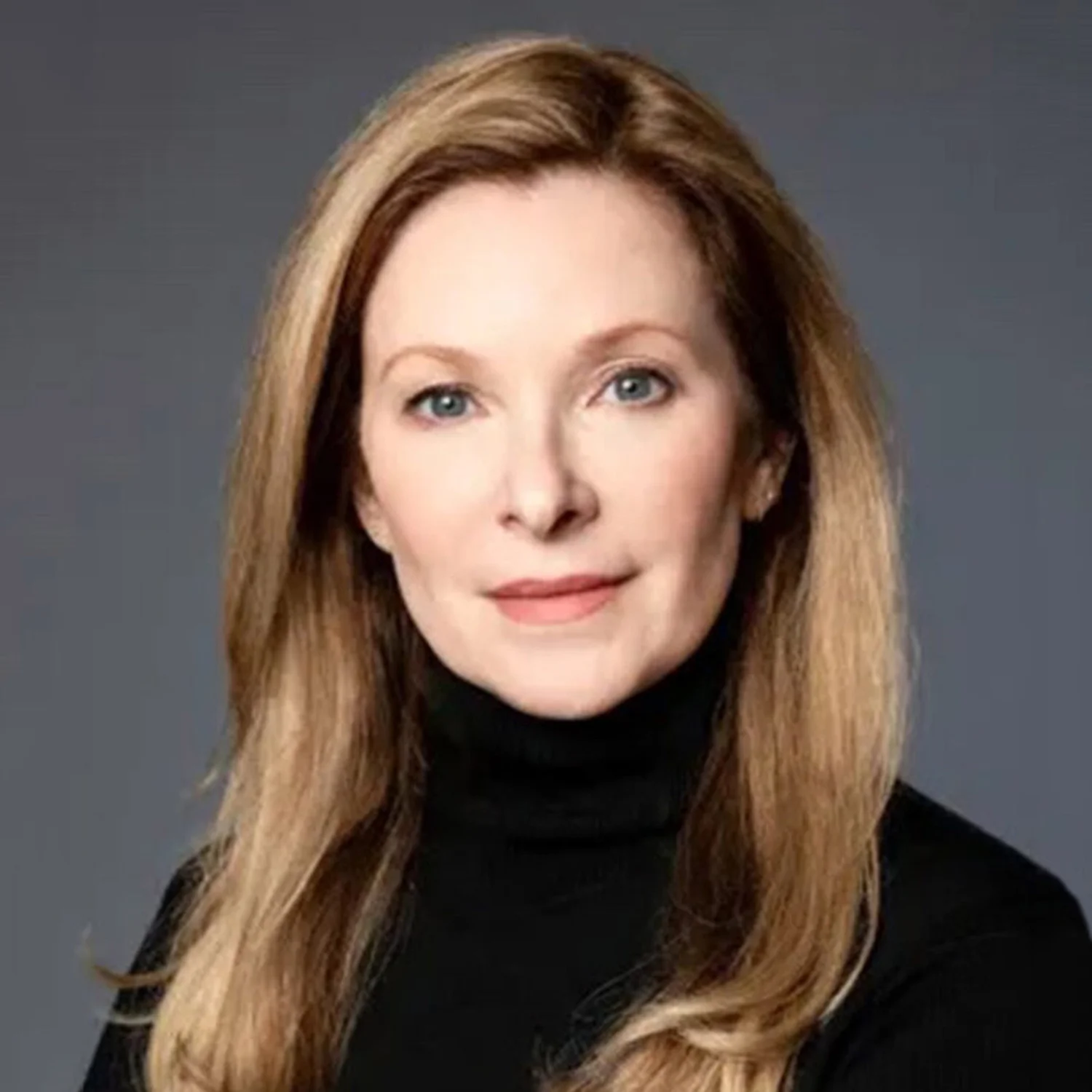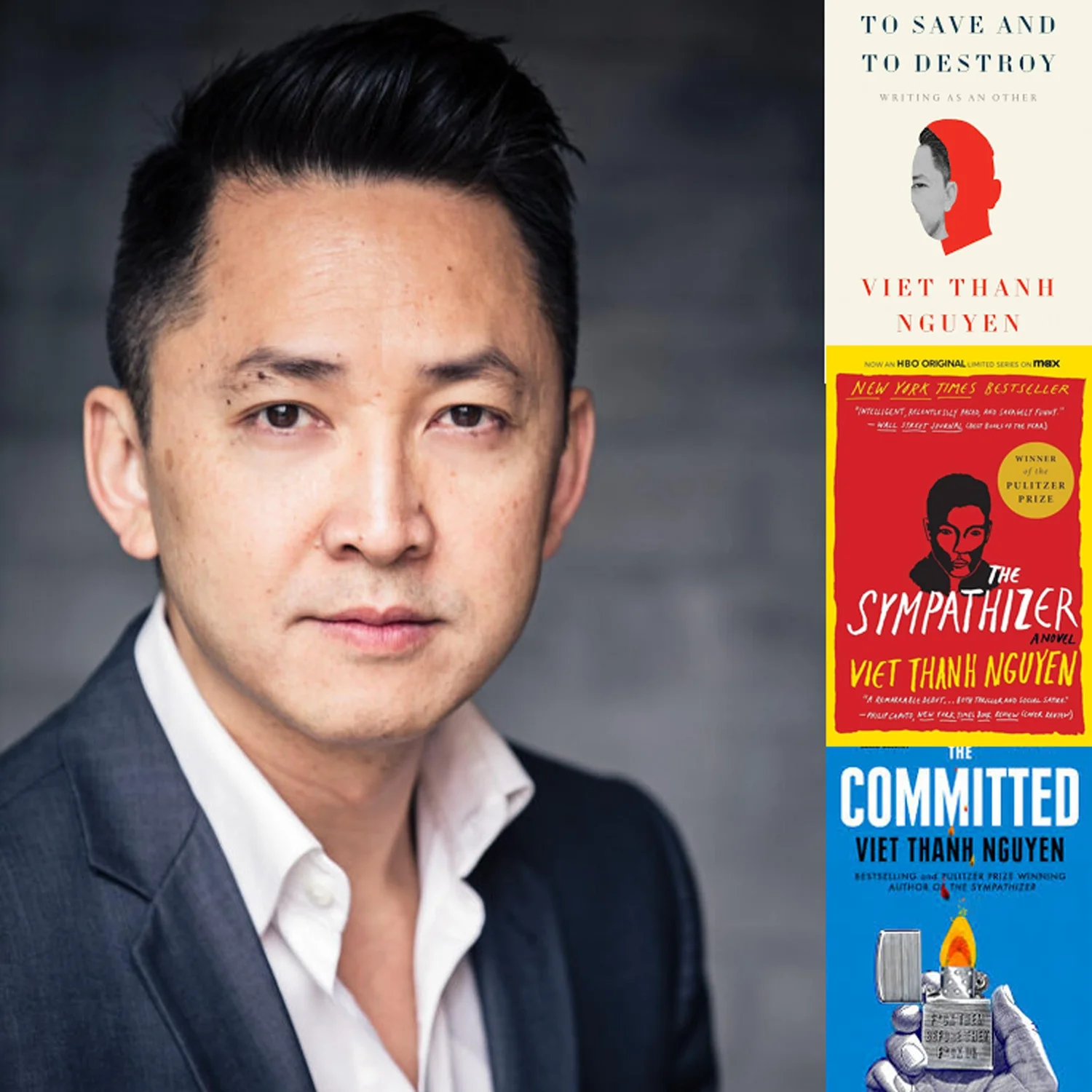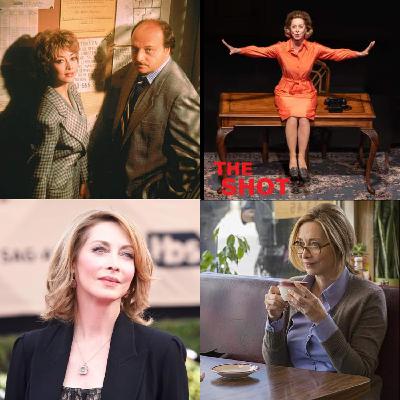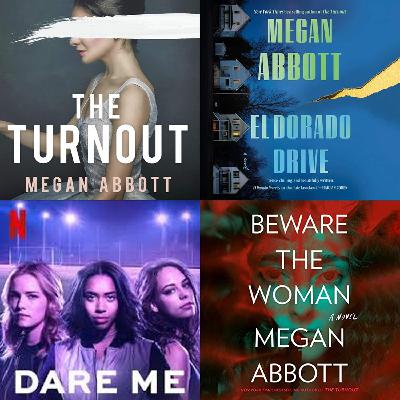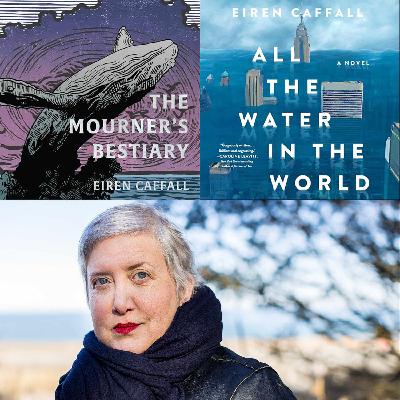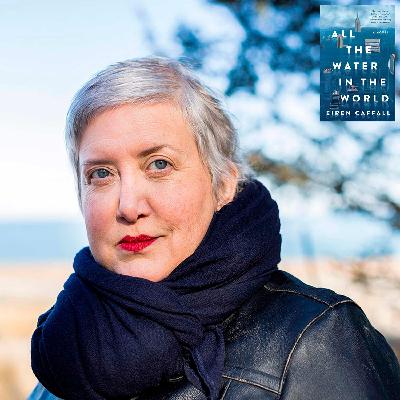
Books & Writers: Novelists, Screenwriters, Poets, Journalists, Playwrights, Non-fiction Writers & Showrunners Talk Writing, Creativity & The Creative Process
Author: Novelists, Screenwriters, Poets, Playwrights, Non-fiction Writers, Journalists & Showrunners Talk Writing - Creative Process Original Series
Subscribed: 23Played: 307Description
Books & Writing episodes of the popular The Creative Process podcast. To listen to ALL arts & creativity episodes of “The Creative Process · Arts, Culture & Society”, you’ll find our main podcast on Apple: tinyurl.com/thecreativepod, Spotify: tinyurl.com/thecreativespotify, or wherever you get your podcasts!
Exploring the fascinating minds of creative people. Conversations with writers, artists & creative thinkers across the Arts & STEM. We discuss their life, work & artistic practice. Winners of the Pulitzer, Academy Award, Emmy, Tony, Grammy, Booker, Nobel Prize, and other honors. Leaders & public figures share real experiences & offer valuable insights. Notable guests include: Neil Gaiman, Roxane Gay, Ada Limón, George Pelecanos, George Saunders, Viet Thanh Nguyen, Jericho Brown, Daniel Handler a.k.a. Lemony Snicket, Siri Hustvedt, Jeffrey Sachs, Jeffrey Rosen (National Constitution Center), Tom Perrotta, Ana Castillo, David Tomas Martinez, Rebecca Walker, Isabel Allende, Ian Buruma, Aimee Nezhukumatathil, John d’Agata, Rick Moody, Paul Auster, Robert Olen Butler, Yiyun Li, Rob Nixon, Tobias Wolff, Yann Martel, Junot Díaz, Edna O’Brien, Eimear McBride, Jung Chang, Jane Smiley, Marge Piercy, Maxine Hong Kingston, Sara Paretsky, Carmen Maria Machado, Neil Patrick Harris, Etgar Keret, Hala Alyan, E.J. Koh, Lan Samantha Chang (Iowa Writers Workshop), Alice Fulton, Alice Notley, Emma Walton Hamilton, Krys Lee, Richard Wolff, Carl Safina, Suzanne Simard, among others.
The interviews are hosted by founder and creative educator Mia Funk with the participation of students, universities, and collaborators from around the world. These conversations are also part of our traveling exhibition. www.creativeprocess.info


